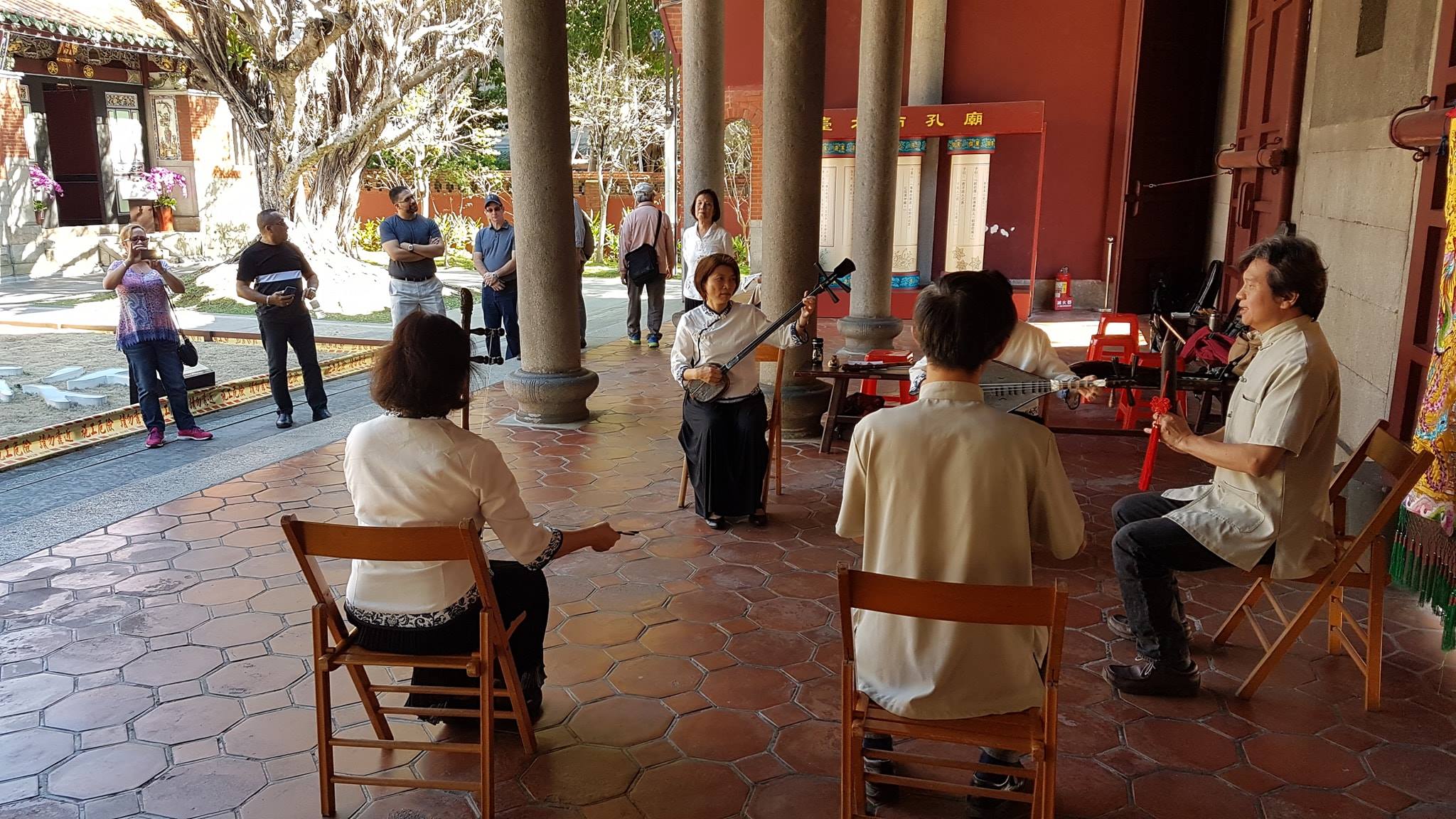Method
To understand how Taiwanese Nanguan musicians experience and negotiate authenticity, I conducted 10+ semi‑structured interviews and 4 focus groups with senior musicians, community leaders, and emerging performers. These sessions explored:
- 1. Training backgrounds (years of study, transmission lineages)
- 2. Socioeconomic influences (impact of subsidies, economic change)
- 3. Cross-strait experience (differences with Mainland musicians)
- 4. Views on “authenticity” and tradition
- 5. Roles in religious, community, and cultural events
Protocols: Interview guides tailored for both senior and younger musicians; participant-led conversations in Mandarin or Hokkien.
Facilitation: Built trust through repeated visits to clubs (guange); ensured sensitivity to community hierarchy and gender norms.
Analysis: Transcribed and coded interviews to map connections between background, identity, and musical/ritual practice.
These qualitative methods revealed how Nanguan musicians see themselves as carriers of tradition and innovators adapting to change, adding depth to understanding “authenticity” as lived and negotiated.
